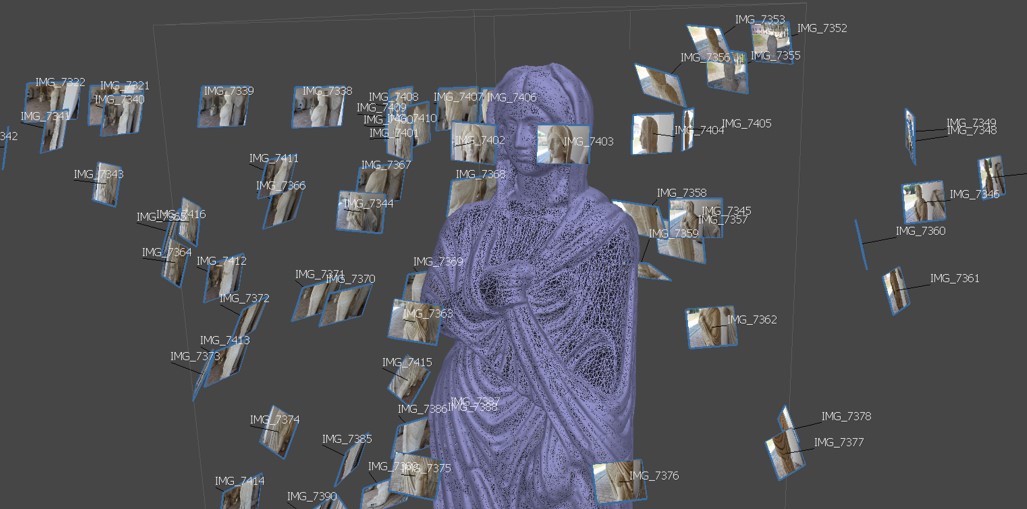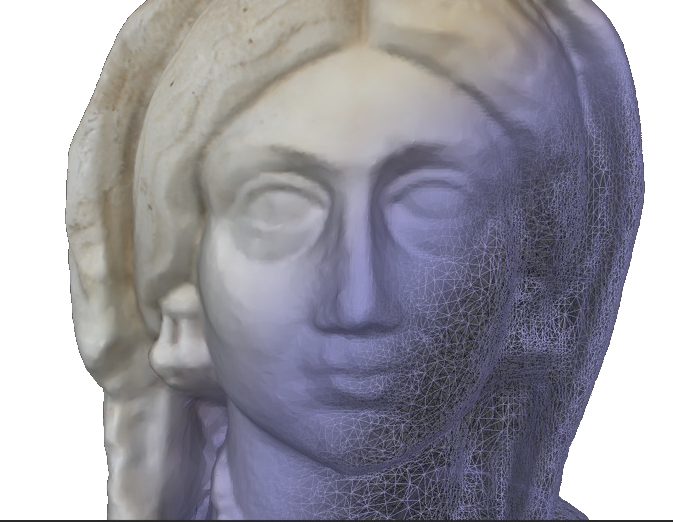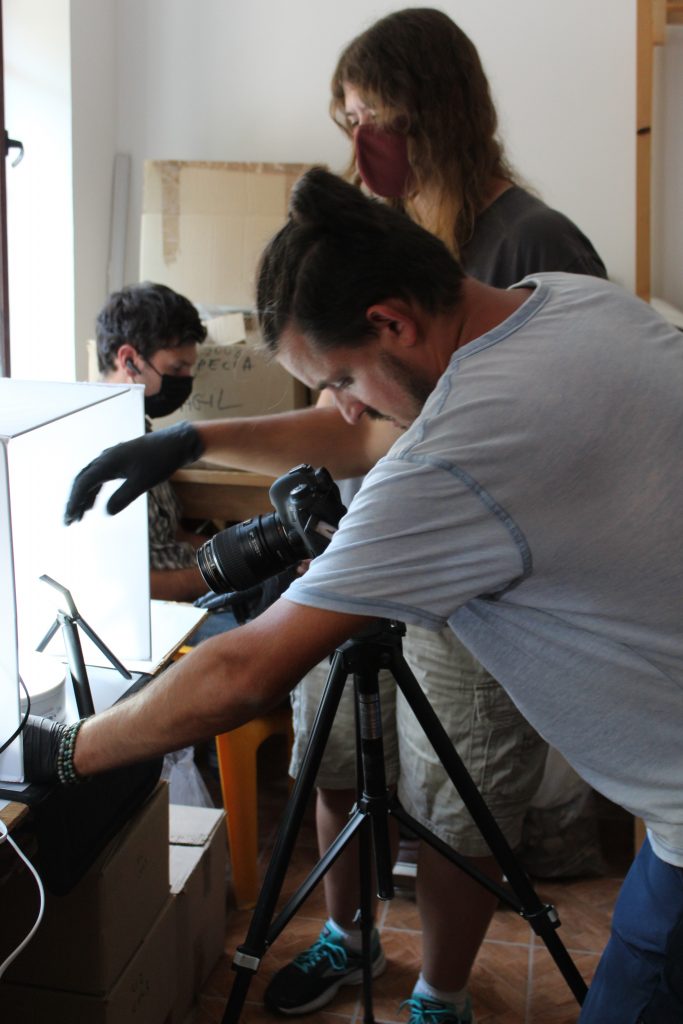Fieldwork
This listing expired on December 1, 2023. Please contact archaeology@archaeotek.org for any updated information.




Location: Strada 1 Decembrie 39, Deva 330005, Romania
Season: May 28, 2023 to August 5, 2023
Session Dates: Session 1: May 28 - June 3, 2023; Session 2: June 25 - July 1, 2023; Session 3: July 30 - August 5, 2023
Application Deadline: May 1, 2023
Deadline Type: Exact Date
Website: https://www.archaeotek-archaeology.org/photogrammetry
Program Type:
Field School, Volunteer
RPA Certified:
No
Affiliation:
Archaeological Techniques and Research Center (Canada); Dacian and Roman Civilization Museum (Transylvania, Romania)
Project Director:
Dr. Andre Gonciar (Archaeological Techniques and Research Center); Dr. William Henry (Universita di Roma “La Sapienza”); Dr. Marius Barbu (Dacian and Roman Civilization Museum)
Project Description:
Our Intensive Digital Curation and Applications in Close-Range Photogrammetry Workshop is an intensive 5-day training program in photogrammetric survey, data acquisition, analysis, and presentation with an emphasis on digital curation of archaeological material. The program is designed to offer to participants training in a set of skills which are rapidly finding applications in the cultural heritage sector, but also in other fields such as architecture, engineering, manufacturing, video game design, and law enforcement to name a few. Our participants will acquire, over the five-day training session, the necessary practical and analytical skills necessary to properly incorporate photogrammetric applications into their pre-existing career toolbox with a special focus on the cultural heritage sector.
Experience with these techniques on real artifacts and in a real setting is an exceptionally useful and lucrative skill to acquire, but due to the novelty of many of the acquisition methods the sources for training are few, expensive, and unfocused. These educational opportunities that do exist tend to understate the complexity of the world and the objects that can be captured and do not tend to provide the training necessary to adapt to the object, scene, or terrain that is being visualized. In contrast, this workshop provides a full set of technical, theoretical, and practical skills for close-range photogrammetry with a focus on applications in archaeology and the cultural heritage sector. As such, it offers thorough training for field work, processing, analysis, interpretation, and presentation of ancient artifacts of various sizes and materials in an accessible and professional way. Hands-on experience in archaeological photogrammetric applications is essential in the rapidly developing field of archaeological sciences, but difficult to acquire.
Our program revolves around an approach of producing an understanding of the methods by gathering real information in real time. The workshop aims at providing to our graduating participants the necessary skill sets to produce accurate, publishable results, fully understand the limitations of different visual data acquisition methods, and to analyze the results in a useful way. The culmination of the workshop will include the production and publication of a digital museum exhibition as a demonstration of the skills learned during the workshop. This unique program contextualizes a theoretical science in the practical setting of real museums, studying real artifacts. Participants will gain hands-on knowledge of photogrammetry by actually doing photogrammetry, and the skills learned will be able to be brought home and utilized—many other programs do not contextualize or focus their approach, and the skills learned end up being theoretical because the approach is too general to be practically applicable to the wide-range of objects that can be studied.
Period(s) of Occupation: Bronze Age, Roman, Middle Ages
Notes:
This intensive workshop will address the basic principles of optics and photography as they apply to photogrammetry and digital curation. We will focus on the practical aspects of data collection and the preparation for collection environments which, while immediately applicable to archaeology and the cultural heritage sector, have applications in other fields as well. By the end of the workshop, participants will be able to acquire the visual data necessary to produce 3D models or archaeological artifacts, process that data into 3D models, perform an analysis of that data, interpret that data, and present that information in an accessible format. It is a fully hands on program, emphasizing experiential learning.
Project Size: 1-24 participants
Minimum Length of Stay for Volunteers: 5 days
Minimum Age: 18
Experience Required: None. All practical and analytical training is provided. Upon completion of this workshop, participants will have the necessary skills and knowledge to plan a proper photography environment for a variety of archaeological materials, properly collect visual data, process that visual data into a 3D model, and interpret and synthesize that data into a narrative to be published as a digital exhibition.
Room and Board Arrangements:
Students and volunteers will be housed in a hotel or a bed and breakfast in Deva, a small and beautiful city, rich in history and culture. Participants will be housed in double or triple occupancy rooms within walking distance from the museum. Breakfast and dinner are included Mon-Fri. Beware that Romanian cuisine is meat oriented, but we do our best to accommodate vegetarian dietary requirements. There are plenty of small stores, supermarkets, farmer markets, where you can purchase fresh cheese, various meat products, garden vegetables, bread, drinks, and anything else you might need. Cost: $1295 for the 5-day program.
The AIA is North America's largest and oldest nonprofit organization dedicated to archaeology. The Institute advances awareness, education, fieldwork, preservation, publication, and research of archaeological sites and cultural heritage throughout the world. Your contribution makes a difference.